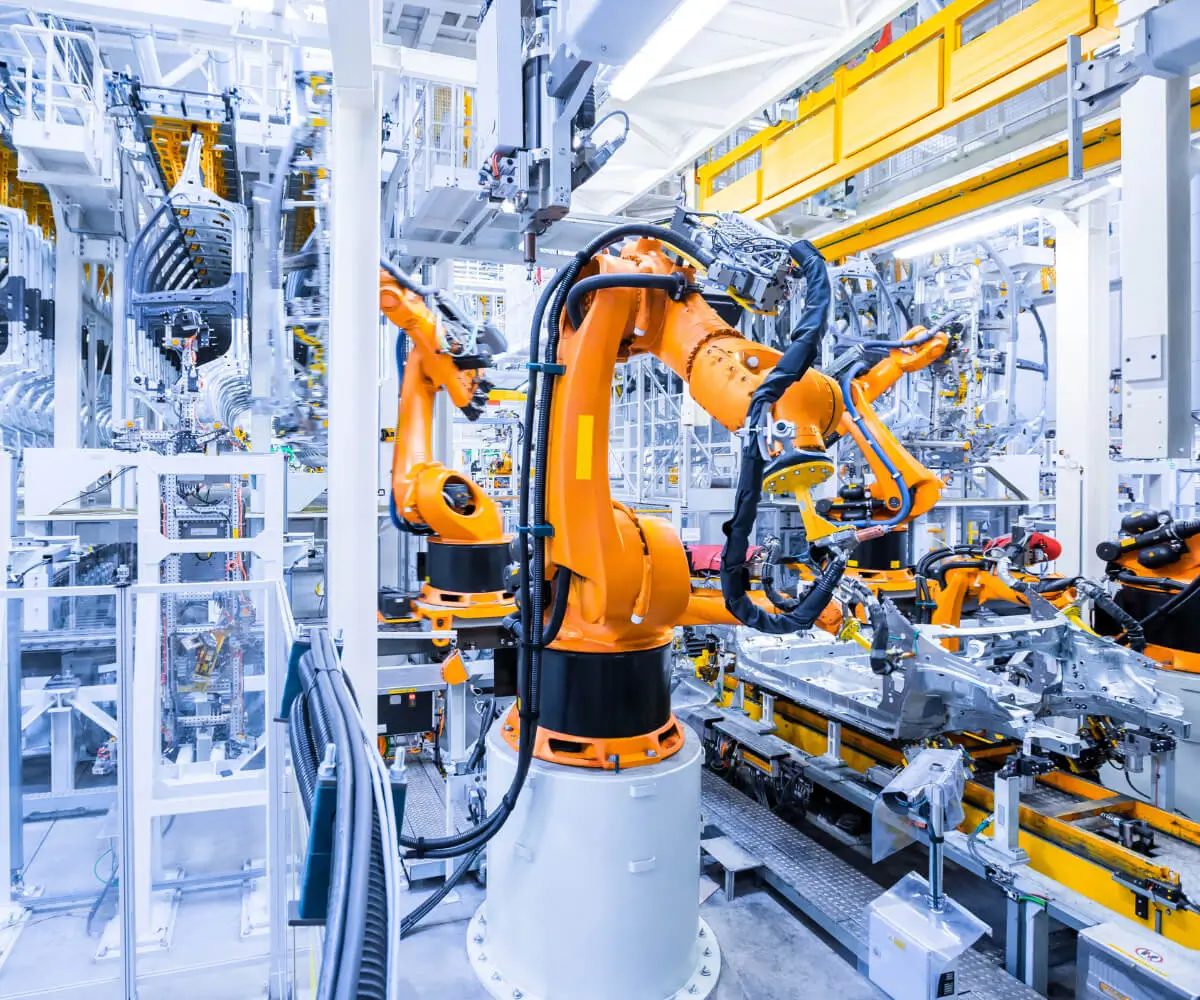AC servo motors have revolutionized the way industries operate, offering precision, reliability, and efficiency across a wide range of applications. This article explores the various uses of AC servo motors in today's manufacturing and automation sectors, highlighting their impact on improving productivity, reducing energy consumption, and enhancing the performance of machinery and robots.

AC servo motor, industrial automation, robotics, precision, energy efficiency, manufacturing, motion control, technology, automation systems, productivity
Introduction to AC Servo Motors and Their Role in Industry
In the ever-evolving landscape of industrial automation, AC servo motors stand out as one of the most critical components that drive the efficiency and precision of modern machines. Known for their remarkable ability to deliver precise motion control, AC servo motors have become a cornerstone in a wide variety of applications ranging from manufacturing systems to robotic arms and even medical devices. But what exactly makes these motors so effective, and why are they a preferred choice for so many industries?
What is an AC Servo Motor?
An AC servo motor is a type of electric motor designed for use in high-precision applications that require accurate control of speed, position, and torque. Unlike traditional motors that simply rotate at a constant speed, AC servo motors use feedback mechanisms to provide real-time adjustments, ensuring the motor operates in sync with the demands of the system it’s integrated with.
At the core of an AC servo motor is a combination of a stator, rotor, and a feedback device (usually an encoder or resolver) that monitors the motor’s position and speed. This closed-loop system allows the motor to adjust its operation based on input from the controller, delivering exceptional precision in motion.
Key Features of AC Servo Motors
Precision and Control: AC servo motors are engineered for precision, offering fine control over speed, position, and torque. This makes them ideal for applications requiring detailed and repeatable movements.
Energy Efficiency: Compared to traditional DC motors, AC servo motors are more energy-efficient, as they consume power only when necessary and adjust their operation based on the load.
High Torque-to-Weight Ratio: They are capable of providing high torque while maintaining a relatively small form factor, which is essential for applications where space is limited.
Durability and Longevity: AC servo motors are designed for longevity, capable of withstanding harsh operating conditions and high levels of stress without significant wear or performance degradation.
Why AC Servo Motors Are Crucial in Industrial Automation
In industries where precise motion control is vital, such as CNC machining, robotics, packaging, and textiles, AC servo motors play a central role. Their ability to provide high accuracy and fast response times has allowed industries to achieve previously unattainable levels of automation. The integration of AC servo motors into automation systems helps streamline production processes, reduce downtime, and improve overall product quality.
Applications in Industrial Machinery
AC servo motors are used extensively in automated manufacturing processes. In CNC (Computer Numerical Control) machinery, for example, these motors drive the movement of machine tools, ensuring that they cut, shape, and form materials with pinpoint accuracy. Similarly, in injection molding machines, AC servo motors regulate the speed and position of the injection screw, allowing for efficient and consistent molding processes.
Another notable application is in conveyor systems, where AC servo motors are employed to maintain accurate speed control, even in high-speed environments. This precise control ensures that products are moved efficiently, minimizing delays and maximizing throughput.
Advanced Applications and Future Trends in AC Servo Motor Technology
As industrial sectors continue to push for faster, more precise, and energy-efficient systems, the demand for advanced AC servo motor applications grows. The future of AC servo motors is shaped by the need for continuous innovation, particularly in robotics, automation, and energy-saving technologies. Let’s explore how these motors are transforming industries and what lies ahead.
AC Servo Motors in Robotics: The Heart of Precision
Robotics is arguably one of the most significant fields where AC servo motors have made a dramatic impact. Whether in manufacturing robots, surgical robots, or autonomous
Kpower has delivered professional drive system solutions to over 500 enterprise clients globally with products covering various fields such as Smart Home Systems, Automatic Electronics, Robotics, Precision Agriculture, Drones, and Industrial Automation.




































